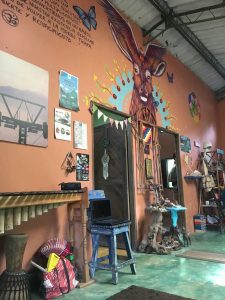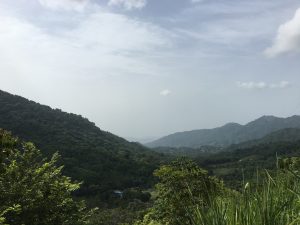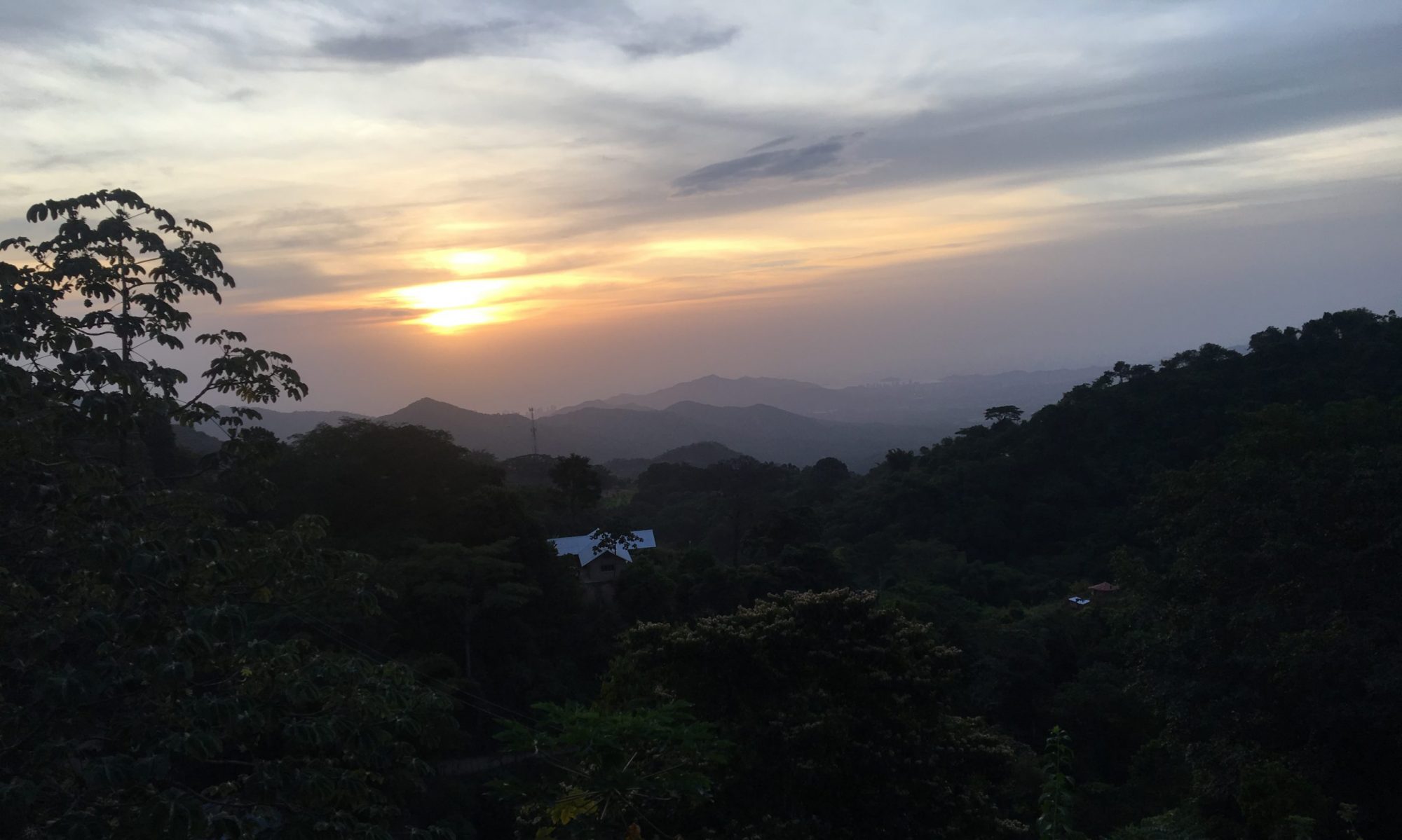I think it’s safe to say we all want to experience something authentic. We wander in nature to reconnect with the world and rediscover our essence. In a world saturated with bigotry and tragedy, we seek to be purified from all kinds of afflictions.
More often than not we associate the the idea of purity with ancestral territory; we know that indigenous peoples are the first stewards that have been fighting to protect their land from extractivist governments, climate change, and any influence from the “outside world.” Following this logic, any kind of healing experience must be most effective when experienced within this “aboriginal” environmental.
I don’t believe people interested in these experiences have ill intentions, on the contrary, it’s easy to innocently believe that one is doing a good deed by supporting and acknowledging indigenous traditions (and simultaneously ignoring all the negative implications). But we must remember, as Smith, Tuck and Yang remind us, that indigenous peoples have no obligation to welcome outsiders into their ancestral lands and introduce them to their customs, as if all this time hey have been waiting to be noticed by mainstream culture.
In 2018 I went on a short backpacking trip with my sister to the Sierra Nevada of Santa Marta. We stayed at an eco-lodge called Finca La Semilla, located on a natural reserve neighboring the Kogui village. On the first night of the trip our host invited a few members of the community for dinner, one of which was a female healer. She couldn’t communicate in Spanish, but her daughter kindly encouraged me and my sister to perform a pagamento (a ritual to express gratitude to the mother earth) with them. It was very simple: we were handed each a piece of red thread, and were instructed to speak to it anything we wanted to give thanks for. After that the java (female healer) did all the spiritual work by herself.
I speak about this experience because at the time I felt extremely ashamed that I hadn’t taken the time to research Kogui customs before coming into their territory, yet they welcomed us so warmly without asking for anything in return. The lodge functions in association with the Kogui community in terms of land management and holistic workshops, however, the members aren’t directly profiting from the guests that stay at the privately owned lodge that was constructed on their land.
At the time, of course, I didn’t question any of this. The host seemed to have a genuinely close relationship with the villagers and they were more than happy to engage with us. Reflecting back on the experience, I know it was authentic in the sense that it was out of spontaneity and genuine interest that they volunteered to share their customs with us. Nevertheless, the ayahuasca readings remind us to always consider the hierarchies of profit that impinge on the authenticity of the experience we’re seeking, not to mention the conditions that enabled us to have access to them in the first place.



Hi Daniela, I loved reading about your backpacking trip! That sounds like such an incredible experience, especially your interactions with the Kogui community. It is definitely important to remember who is profiting off of these kinds of trips, especially when in relation to native communities.
Hi, Daniella,
Thank you for your comments. You made some good points about going in to other peoples’ communities. This applies not only in Latin America but at home here as well. I have attended many First Nations gatherings, invited and meeting up with friends from those communities. This very much sometimes, leaves me with feelings of unsettled settler where it is so easy to step too far forward and be interfering or less than respectful.
Hi there! I really like your blog post, especially the opening paragraph – I thought it was super well worded. You’re right, we all want to experience something authentic. In fact I think we could even say that we crave authenticity. This reminds me of the Guillermo interview when they talked about many tourists going to see shamans because they crave solutions to their problems and are consumed by materialism. These people also come from a place of privilege, where they can choose to escape their problems for a few months and experience something “authentic”. But again, going back to Prof. Mitchell and Prof. Smith’s discussion, what is authenticity? What makes something authentic?
Hello! I like your reflections and it made me think of Homan’s article in which was also mentioning how the private lodges would not directly benefit the Indigenous communities but would benefit the Western owners of these lodges. I also feel like it is absurd just like you said that these lodges are built in their territory yet they are not able to fully access the economic benefits. Only the indigenous people should have the primary right/management of the commodification of their resources. Maybe then they would receive the monetary benefits directly into their communities.
Hi Daniela,
I enjoyed reading your reflection. What a thoughtful blogpost! I love the development of idea in your writing, it is very easy to comprehend and follow along. Starting from the first few sentences written, there is an anthropological tone which is awesome! I appreciate that you are honest with your reads about your experiences traveling and with authenticity. You’ve drawn a beautiful picture with words. Great job!